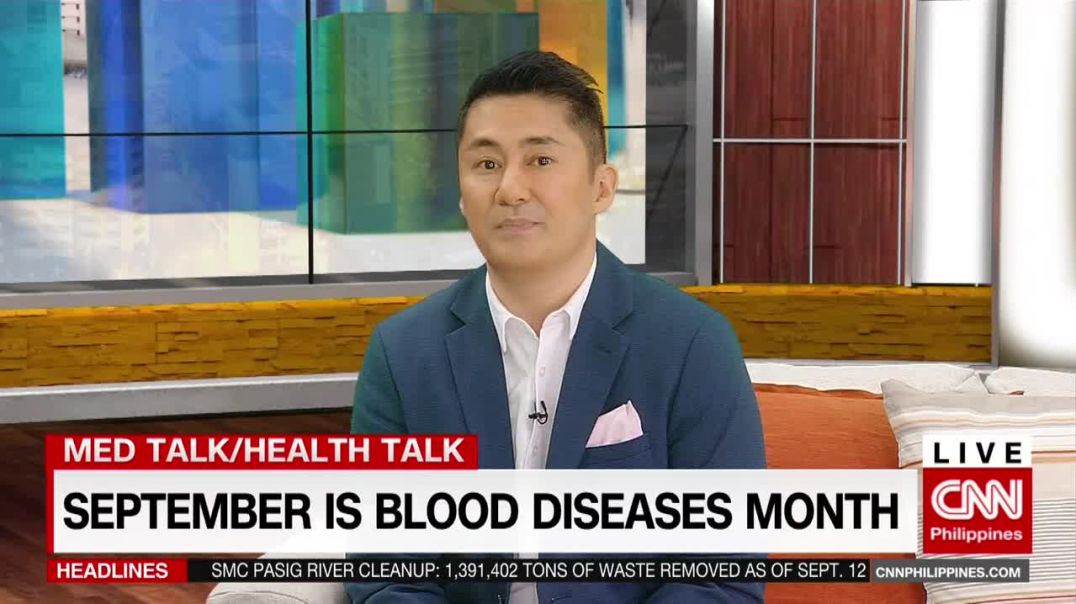Chronic lymphocytic leukemia (CLL) patient case study
Listen to Javier Pinilla-Ibarz, MD present a case study of a patient with chronic lymphocytic leukemia (CLL) treated with BENDEKA®.
Intended for US consumers only.
Approved Use
BENDEKA is indicated for the treatment of patients with
• Chronic lymphocytic leukemia (CLL). Efficacy relative to first-line therapies other than chlorambucil has not been established.
• Indolent B-cell non-Hodgkin lymphoma (NHL) that has progressed during or within 6 months of treatment with rituximab or a rituximab-containing regimen.
Important Safety Information
BENDEKA is not right for everyone, including patients with a known allergic response to bendamustine, polyethylene glycol 400, propylene glycol, or monothioglycerol.
BENDEKA may cause serious side effects including: low blood cell counts, infections or recurrence of infections, unexpected responses to BENDEKA when placed in your blood, sudden and severe allergic responses, kidney failure due to fast breakdown of cancer cells, other cancers, and leaking of BENDEKA out of your vein and into your surrounding skin. Some of these side effects, such as low blood counts, infections, liver injury, and severe allergic skin responses (when bendamustine HCl was given alone and in combination with other anticancer medications or allopurinol), have caused death.
Tell your doctor if you have any side effects including: rash, facial swelling, or difficulty breathing during or soon after your infusion with BENDEKA injection. These are signs of an allergic reaction. You also should tell your doctor if you have shortness of breath, significant fatigue, bleeding, bruising, fever, or other signs of infection. Also, tell your doctor if you experience nausea, vomiting, diarrhea, loss of appetite, or a yellow skin tone. In addition, your doctor will perform blood tests to see if you have low blood counts. These are lower-than-normal numbers of red blood cells, white blood cells, or platelets.
Some serious side effects may require changes in therapy, such as lowering the amount of BENDEKA given, stopping the use of BENDEKA, or waiting longer than expected between doses of BENDEKA.
BENDEKA may cause fetal harm if taken while pregnant. If you are able to become pregnant, your healthcare provider will do a pregnancy test before starting treatment with BENDEKA. Females of reproductive potential should use effective contraception during treatment with BENDEKA and for 6 months after the final dose and for males with female partners for 3 months after the last dose. BENDEKA may also impair male fertility. Females should not breastfeed during treatment with BENDEKA and for at least 1 week after the final dose.
Most common side effects include: fatigue, fever, nausea, and vomiting, diarrhea, constipation, loss of appetite, cough, headache, weight loss, difficulty breathing, rash, mouth irritation, low red blood cells (oxygen-carrying cells), low platelets (blood-clotting cells), and decreased number of three different types of white blood cells (infection-fighting cells).
These are not all of the possible side effects of BENDEKA. For more information ask your healthcare provider.
You are encouraged to report side effects of prescription drugs to the FDA. Visit https://www.fda.gov/medwatch or call 1-800-FDA-1088.
Please read the Full Prescribing Information: https://bit.ly/3p3Ldnv
-
Category






















No comments found